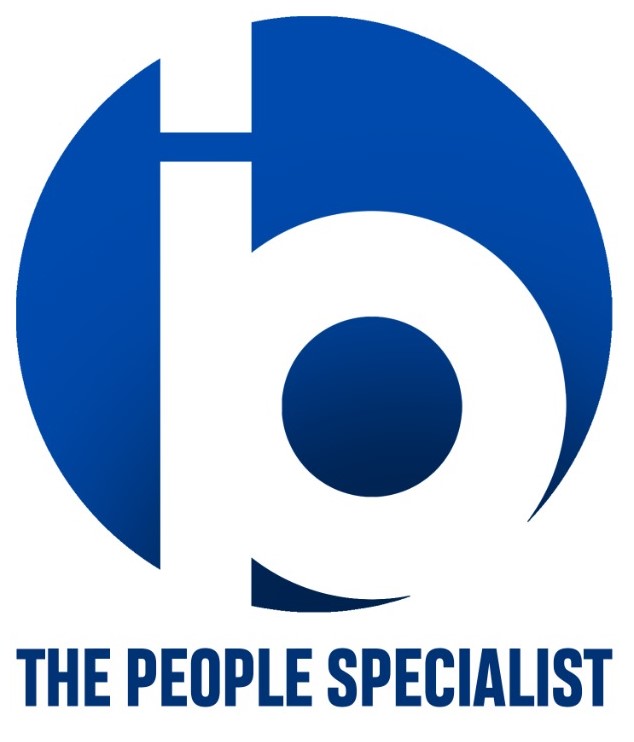This is a sequel to my earlier article on “Re-imagining HR” which had the following key messages:
· Human is not a resource
· People practices in an organization should have spiritualism as its bedrock.
· HR fraternity should develop spiritual orientation for effective delivery of evolved people practices involving human “touch and feel”.
A quick scan through the feedback & comments received on various platforms reveals that developing trust for people with a capital ‘T’ has struck maximum resonance with readers. This idea however comes with a caveat that we need to build or develop people in a way such that they can be trusted to do the very best in any given situation. For the concept of ‘trust’ to take root and flourish, people must be trustworthy. This can happen in two ways:
1. Strong focus on values & ethics in all stages of education starting right at the primary level and continuing all the way up to higher education.
2. Organization focus on developing its people, enriching and building upon the naturally endowed human attributes & proclivities – a step beyond behavioural & skill training, which is largely where the current focus lies.
The first option is not our topic of discussion as it falls within the ambit of education policy. We will focus our discussion here on what organizations can do differently in the area of employee development.
The fundamental difference in my proposition vis-a-vis’ existing practices is that this is a “first principles” or a bottom-up approach in contrast to prevalent practices which are focused top-down or goal-backwards. It requires one to look at life on a larger canvas, beyond the daily struggle of merely ‘earning a living’ by meeting organization goals and daily targets. Here, the path – which includes thoughts, behaviours, actions – or ‘journey’ is as important as the ‘destination’. And by attaching intricate awareness & attention to the finer nuances of the journey, one certainly reaches the destination and even beyond.
The idea is already part and parcel of the HR practices in evolved organizations in different shades & forms – in concepts such as following a code of ethics, quality of work life, work-life balance, coaching & mentoring etc. The common thread in all the aforementioned initiatives is that they delve at the periphery of human life and do not touch the “core”. Somewhere, all these concepts have developed from the premise that humans are indeed resources or ‘factors of production’ meant to be harnessed optimally by profit-focused organizations. The other premise is that earning a living is the sole motive and ultimate goal of human existence – fulfilment of human life being directly proportional to higher earnings & sophisticated means of livelihood.
The starting point of the proposed approach is the current state of a human being and the end point is infinite – as far as one can go. For all prevalent practices mentioned above, the starting point is the finite goal defined by the organization cascaded to individual goals and the end game is achievement of goals. It follows from the discussion therefore, that the existing approach is far more limiting in approach and there is potential for unlocking the human possibilities even further.
What are the core tenets of the proposed model of employee development and what does this entail? This brings us back to where we started this article from: creating spiritual awareness in our people at a fundamental & basic level. Deep awareness of basic truths such as our own mortality, our individual insignificance in relation to the whole cosmos and most importantly, identifying ourselves with our ‘spirit’ vis-à-vis’ mind and body can markedly shift the axis of our thoughts, impacting our behaviour and actions in a very profound way.
Before organizations can view humans as ‘possibilities’ and not resources, it is essential that humankind at large views itself as such. This can be only achieved through spiritual orientation at a foundation level with the help of luminaries in this domain. A number of leading institutions and spiritual leaders are doing good work, touching lives in impactful ways.
The benefits to the organization are enormous: an army of employees who have the mental breadth and latitude to see the big picture, concerned about the larger good, who believe in healthy competition, playing fair and are committed to ‘excellence’ – doing the best they possibly can; employees who have the maturity & wisdom to see beyond the limitations of the ‘what’s in it for me’ credo. Petty interpersonal conflicts and turf wars in organizations which emanate from restrictive thought patterns are naturally eliminated in this broader world view, freeing up time for more purposeful pursuits, enhancing productivity and organization profits.
This seems like a utopian dream come true for many a business owner or professional governing board of an organization. Surely, this merits an ardent exploration.
